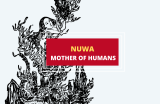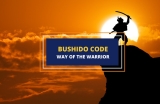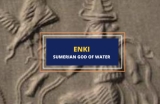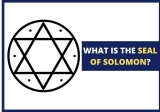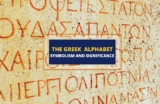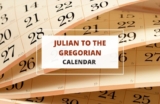Floods and deluges are concepts found in almost every mythology, from ancient Greek mythology to the biblical account of the Deluge. There are several flood ...
Mythological gods not only represent religious beliefs, but also virtues and values of certain cultures. One of the earliest Chinese deities, Nuwa is most ...
Bushido was established around the eighth century as a code of conduct for the samurai class of Japan. It was concerned with the behavior, lifestyle, and ...
The Sumerians were the earliest sophisticated civilization known in history. They were known for their worship of many gods. Enki was one of the major gods ...
Many think that all Roman gods are just renamed copies of the “original” Greek deities. However, that’s not the case. Meet Janus – the Roman god of time, ...
The Seal of Solomon, also known as the Ring of Solomon, is believed to have been a magical seal owned by King Solomon of Israel. The symbol has its roots in ...
For most of us, the traveler's life is always a dream and a fantasy. So even if we can’t live freely without a care in the world, we can still capture the ...
The Greek alphabet is quite an effective writing system. Its long and celebrated history has left us with an enduring heritage. The Greek alphabet is the ...
Everyone in the Western world today knows what a swastika looks like and why it is so despised. Yet, what many don’t realize is that for thousands of years, ...
The Christian world once used the Julian calendar, but in the Middle Ages, this was switched to the calendar we use today – the Gregorian calendar. The ...
- « Previous Page
- 1
- …
- 49
- 50
- 51
- 52
- 53
- …
- 204
- Next Page »


